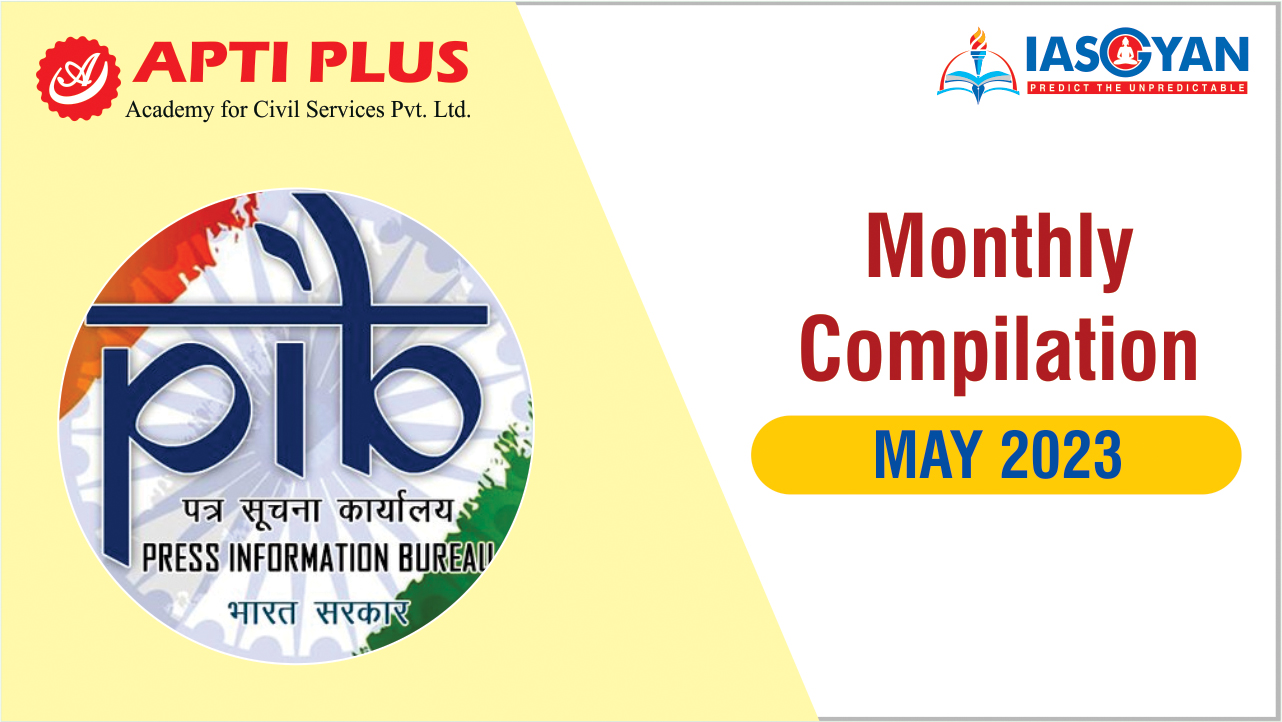
Copyright infringement not intended
Context: Over 80 new castes from six states are expected to be added to the Central List of Other Backward Classes (OBCs) in the coming months, with the National Commission for Backward Classes (NCBC) already processing clearance for the majority of them.
Details
- According to a report released last week by the Ministry of Social Justice and Empowerment (MSJE), the government enabled the addition of up to 16 communities to the Central list of OBCs in Himachal Pradesh, Bihar, Jharkhand, Madhya Pradesh, and Jammu & Kashmir.
- Communities from Maharashtra, Telangana, Andhra Pradesh, Himachal Pradesh, Punjab, and Haryana are expected to be added to the Central list.
Process
- The NCBC Act, 1993 lays down the Procedure for the Addition of new communities to the list of backward classes.
- According to this procedure, the NCBC has to form a Bench to scrutinize the proposals and send its recommendation to the Union government (along with any dissenting opinions, if any).
- The Cabinet then has to endorse the additions and introduce a bill in the Parliament to amend the list.
- After the bill is passed, the President has the authority to issue a notification to implement the change.
The States that have requested for inclusion of more communities in the Central List are Maharashtra, Telangana, Andhra Pradesh, Himachal Pradesh, Punjab and Haryana. Some of the communities that are likely to be added are:
- Lodhi, Lingayat, Bhoyar Pawar, and Jhandse in Maharashtra
- Katika, Noorbash, Mehtar, Turk, Alvi, Quresh, Laddaf, Pinjaari and many more in Telangana
- Turup Kapu in Andhra Pradesh
- Majhra in Himachal Pradesh
- Yadav in Punjab
- Gosai/Gosain in Haryana
The inclusion of more communities in the Central List of OBCs is expected to benefit them in terms of access to education and employment opportunities. However, it may also create challenges for implementing the reservation policy effectively and equitably among different groups within the OBC category.

Central List of Other Backward Classes (OBCs)
- The Central List of Other Backward Classes (OBCs) is a list of castes and communities that are eligible for reservation in government jobs and educational institutions under the existing policy of the Central Government.
- The list is maintained by the National Commission for Backward Classes (NCBC), which is a statutory body that advises the government on matters related to the welfare of the OBCs.
- The inclusion of new castes in the Central OBC list has several implications for the socio-economic development of these communities and the country as a whole.
Features
- The inclusion of new castes in the Central OBC list is based on the criteria of social, educational and economic backwardness as laid down by the Mandal Commission in 1980.
- The NCBC conducts public hearings and consultations with various stakeholders before recommending any caste for inclusion or exclusion from the list.
- The NCBC also reviews the existing list periodically and suggests changes or modifications as per the changing socio-economic conditions of the OBCs.
- The Central Government has the final authority to accept or reject the recommendations of the NCBC and notify the changes in the list through official gazettes.
- The Central OBC list is different from the State OBC lists, which are prepared by the respective State Governments as per their criteria and policies. However, there is an overlap between the two lists as some castes are common in both.
Significances
- The inclusion of new castes in the Central OBC list enables them to avail the benefits of reservation in government services and posts as well as in central educational institutions as per the existing policy. The current policy provides 27% reservation for OBCs in these sectors.
- The inclusion also makes them eligible for various welfare schemes, scholarships, loans, etc. that are administered by the Central Government for the upliftment of the OBCs.
- The inclusion also reflects the recognition and acknowledgement of the historical and contemporary discrimination and deprivation faced by these castes due to their social and economic status.
- The inclusion also promotes social justice and empowerment of these communities by providing them opportunities for education, employment, representation and participation in various spheres of public life.
Challenges
- The inclusion of new castes in the Central OBC list may create resentment and opposition from some sections of society, especially those who perceive it as a threat to their interests or privileges. There may be allegations of vote-bank politics, casteism, appeasement, etc. against the government or the NCBC for favouring certain groups over others.
- The inclusion may also lead to an increase in the demand for reservations from other castes or communities who feel left out or neglected by the existing policy. This may create pressure on the government to expand or revise the reservation policy or quota system, which may have legal, constitutional and political implications.
- The inclusion may also pose challenges to the effective implementation and monitoring of reservation policy and welfare schemes for OBCs. There may be issues of identification, verification, certification, documentation, etc. of these new castes. There may also be problems of misuse, abuse, corruption, leakage, etc. in the delivery of benefits to these castes.
Way Forward
- The inclusion of new castes in the Central OBC list should be seen as a positive step towards achieving social justice and empowerment of these marginalized sections of society. It should not be viewed as a zero-sum game or a divisive issue that creates conflict or animosity among different groups.
- The government should ensure that the process of inclusion is transparent, fair, objective and participatory. It should also ensure that the NCBC functions independently and effectively without any interference or influence from any quarters.
- The government should ensure that reservation policy and welfare schemes for OBCs are implemented properly and efficiently. It should also ensure that there is adequate awareness and sensitization among the beneficiaries and the general public about the objectives and benefits of these measures.
- The government should address the concerns and grievances of other castes or communities who may feel aggrieved or dissatisfied by the existing policy or the inclusion of new castes. It should also engage in dialogue and consultation with them to find amicable and acceptable solutions to their issues.
Conclusion
- The government should also review and reform the reservation policy and quota system periodically to make it more rational, equitable and inclusive. It should also explore alternative or supplementary measures to the reservation, such as affirmative action, skill development, capacity building, etc. to enhance the socio-economic status of the OBCs and other backward classes.
Must Read Articles:
OBC Reservation: https://iasgyan.in/daily-current-affairs/obc-reservation
Sub-Categorisation of OBC: https://www.iasgyan.in/daily-current-affairs/sub-categorisation-of-obcs
National Commission for Backward Classes: https://www.iasgyan.in/daily-current-affairs/national-commission-for-backward-classes
|
PRACTICE QUESTION
Q. How does the reservation system in India affect the social and economic development of the country? How can the reservation system be reformed or improved to address the current and future challenges faced by India? Discuss your answer with relevant examples and evidence.
|

https://epaper.thehindu.com/ccidist-ws/th/th_delhi/issues/39875/OPS/GS2BC40LJ.1+G5KBC4ND3.1.html




